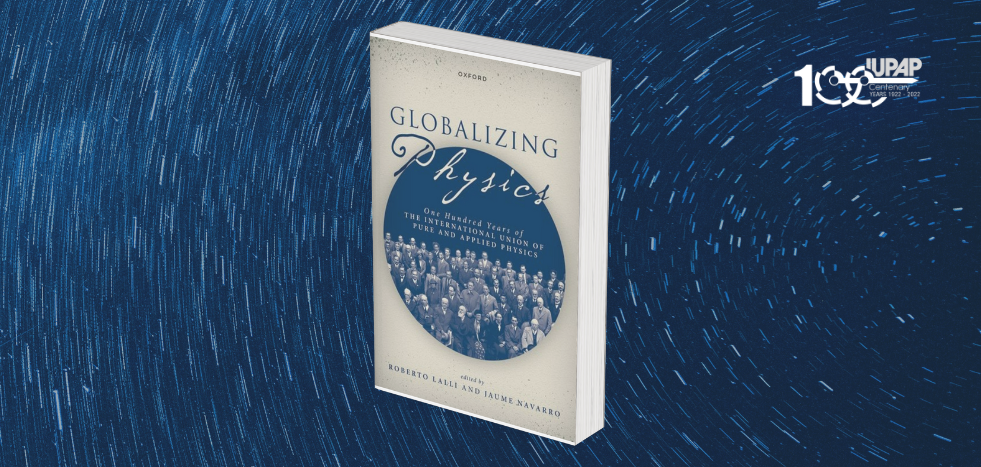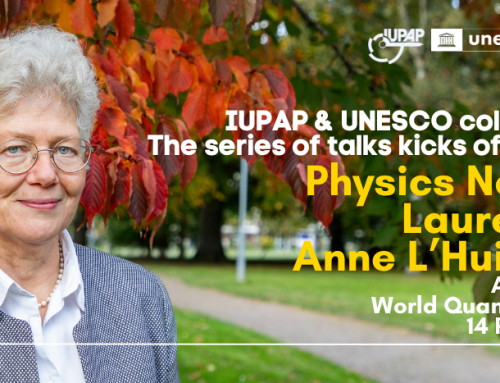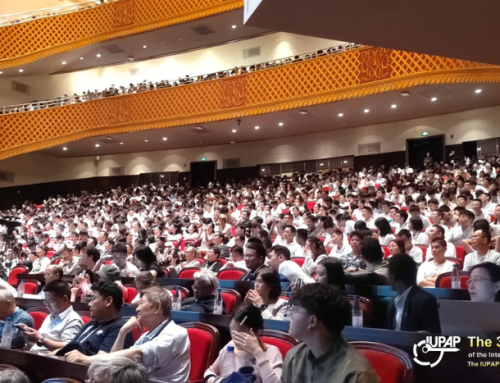We are delighted to announce the release of “Globalizing Physics – One Hundred Years of the International Union of Pure and Applied Physics”, edited by Roberto Lalli and Jaume Navarro.
Following the centenary of the International Union of Pure and Applied Physics, this volume features contributions from leading science historians from around the world on the changing roles of the institution in international affairs from its foundation in 1922 to the present. The case studies presented in this volume show the multitude of functions that IUPAP had and how these were related to the changing international political contexts.
The book is divided into three parts. The first discusses the interwar period demonstrating how the exclusion of communities of the Central Powers from international scientific institutions imposed by victorious allied countries made IUPAP ineffective until the end of World War II. The second part analyzes the changing roles assumed by IUPAP starting from its complete renovation after World War II. Case studies covering the role of IUPAP in physics education, in metrology, in joint commissions with other unions and in defining the complex relations between pure and applied physics provide examples of IUPAP’s impact on the world of science. Part III squarely addresses the science diplomacy aspects of IUPAP during the Cold War highlighting the importance of IUPAP in furthering diplomatic goals and explaining the origin of the pursuit of the free circulation of scientists as the activity that characterized the main function of international unions during the Cold War.
Highlighting how often scientific agendas and political imperatives were entangled in the activities of IUPAP, the book analyzes the work of the Union as exercises of science diplomacy, thus contributing to the current debate on the use of science and technology in international relations.
This is an open access book available under the terms of a CC BY-NC-ND 4.0 International licence. It is free to read on the Oxford Academic platform and offered as a free PDF download from OUP and selected open access locations.
Due date: 30 August 2024.










Leave A Comment